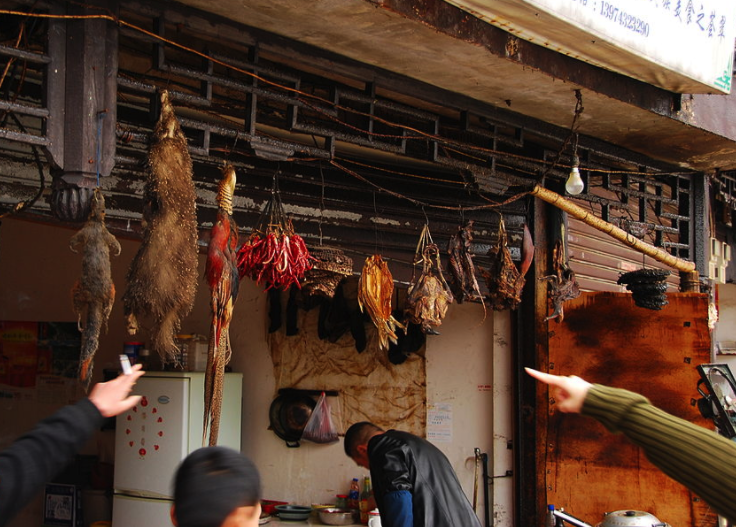The city in China's Hubei Province, Wuhan, which has been the center of the Coronavirus crisis has finally put a ban on eating wild animals. As per the Wuhan authorities, Chinese farmers are being offered cash to quiet breeding of these exotic animals.
The good news for people who are extremely concerned over the eating habits of China and animal lovers who had been mounting pressure on China to stop the illegal wildlife trade which is blamed by many for the coronavirus pandemic. Wuhan authorities announced Wednesday that the consumption of wild animals is now officially banned in the city of about 11 million people which recently noticed another surge of Coronavirus cases.
It should be noted that Wuhan also called a ban on all kinds of hunting of wild animals within the city limits, declaring the initial epicenter of the global pandemic as "a wildlife sanctuary," except the Government would sanction hunting for "scientific research, [wildlife] population regulation, monitoring of epidemic diseases and other special circumstances."
The emergence of a new China?
Wuhan has been facing criticism from international leaders, mostly from the U.S., for the research on bat Coronaviruses on city laboratories from where the virus has allegedly escaped before infecting millions of people in the world.
Now the city has imposed stricter new controls on the breeding of all wild animals which are used to be on the usual menu of city residents. This move has been taken to make it clear that none could be reared for food. As per the city officials, local administration would take part in the wider national scheme to buy out the wild animal breeders. This is the first time that such a national plan has been pledged by the Chinese authorities in an attempt to curb exotic animal breeding.
It should be noted that after the Coronavirus spread, China had already banned the sale of wild animals for food. But the trade remains legal for other purposes, including research and traditional medicine.

The new buyout program
Two central provinces have already prepared plans for the buyout program to help breeders to find a new job. Hunan on Friday unveiled a compensation scheme to help breeders switch into other livestock products or herbal tea medicine.
Chinese authorities have decided to offer a one-off payment of 120 yuan ($16) per kilogram of rat snake, king rat snake and cobra, while a kilogram of the bamboo rat will be 75 yuan. A civet cat, the wild animal believes to have carried SARS to humans in another outbreak almost two decades ago, will fetch 600 yuan.
China's Jiangxi Province has also more than 2,300 licensed breeders, mostly rearing wild animals for food, reported Jiangxi Daily newspaper. Now the province has also made plans to help farmers dispose of animals, besides providing them financial aid.
Peter Li from Animal rights group Humane Society International (HSI), told AFP that similar plans should be rolled out across the country. However, he cautioned that Hunan's proposals leave room for farmers to continue breeding exotic creatures as long as the animals are not sent to food markets. The province's new plan also does not include several wild animals bred, used for fur, traditional Chinese medicine, or entertainment.
It should be mentioned that after the SARS outbreak in China, Beijing implemented measures to ban the trade and consumption of wild animals, but these failed to halt the trade in such animals.









